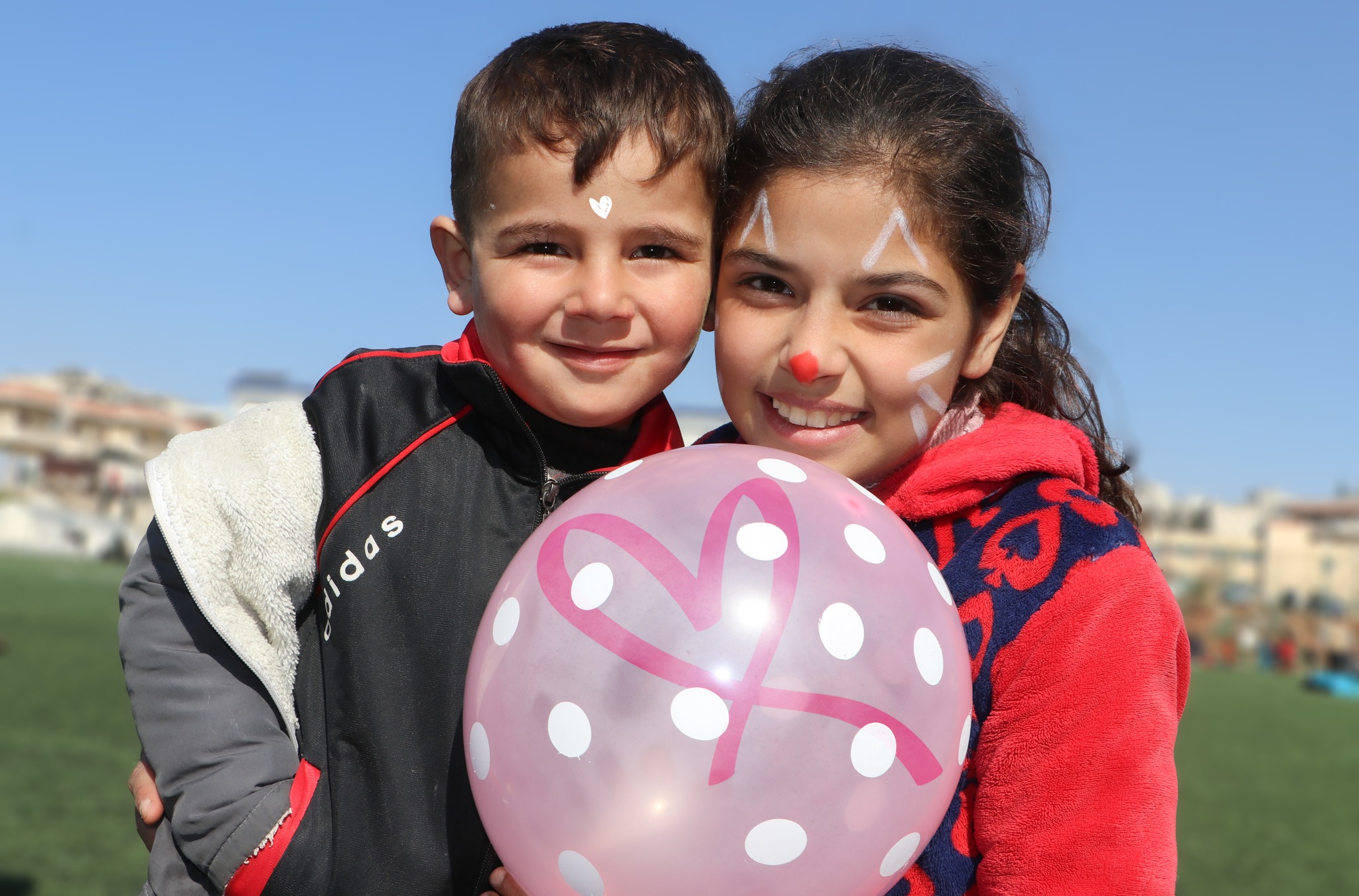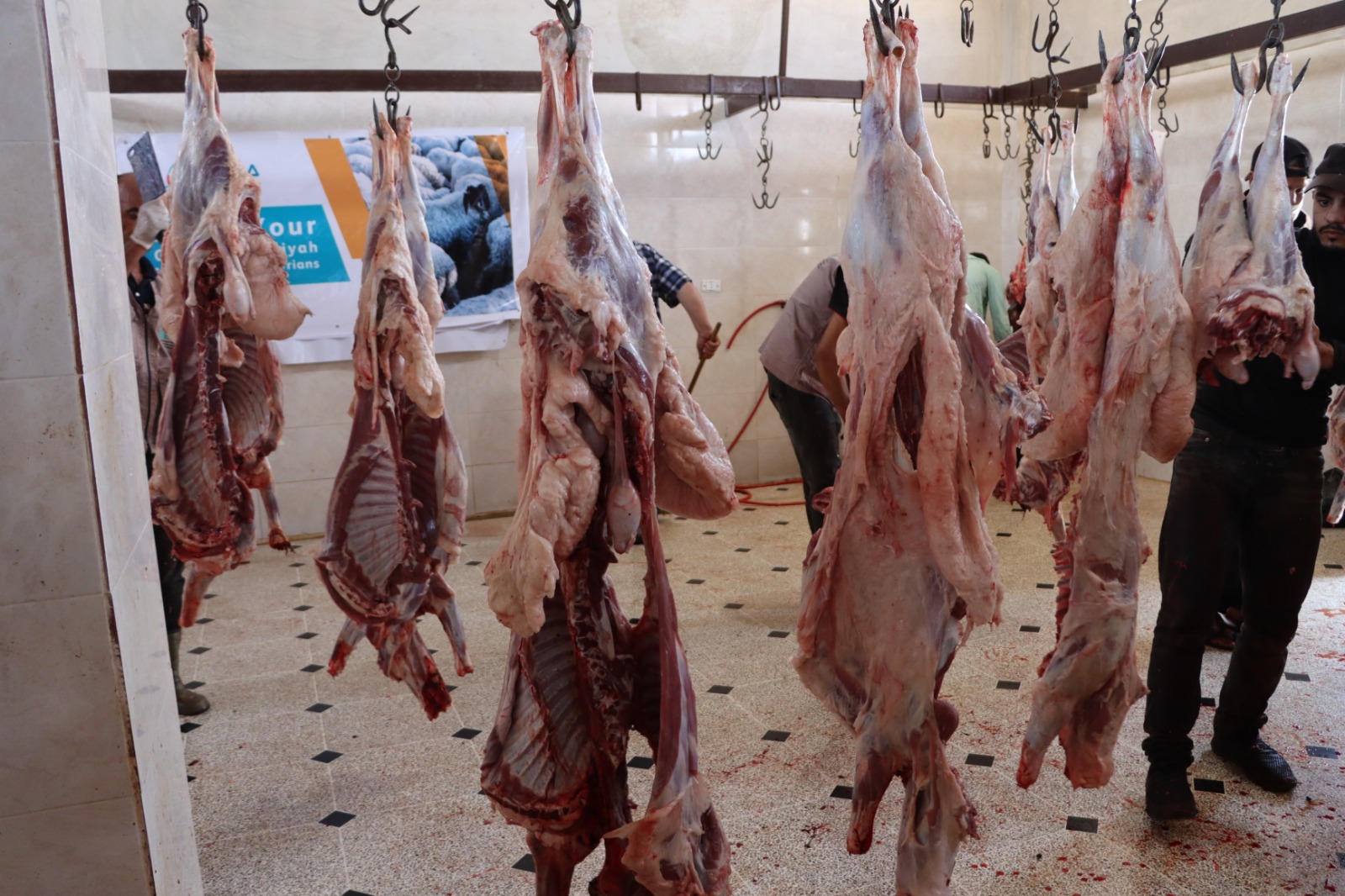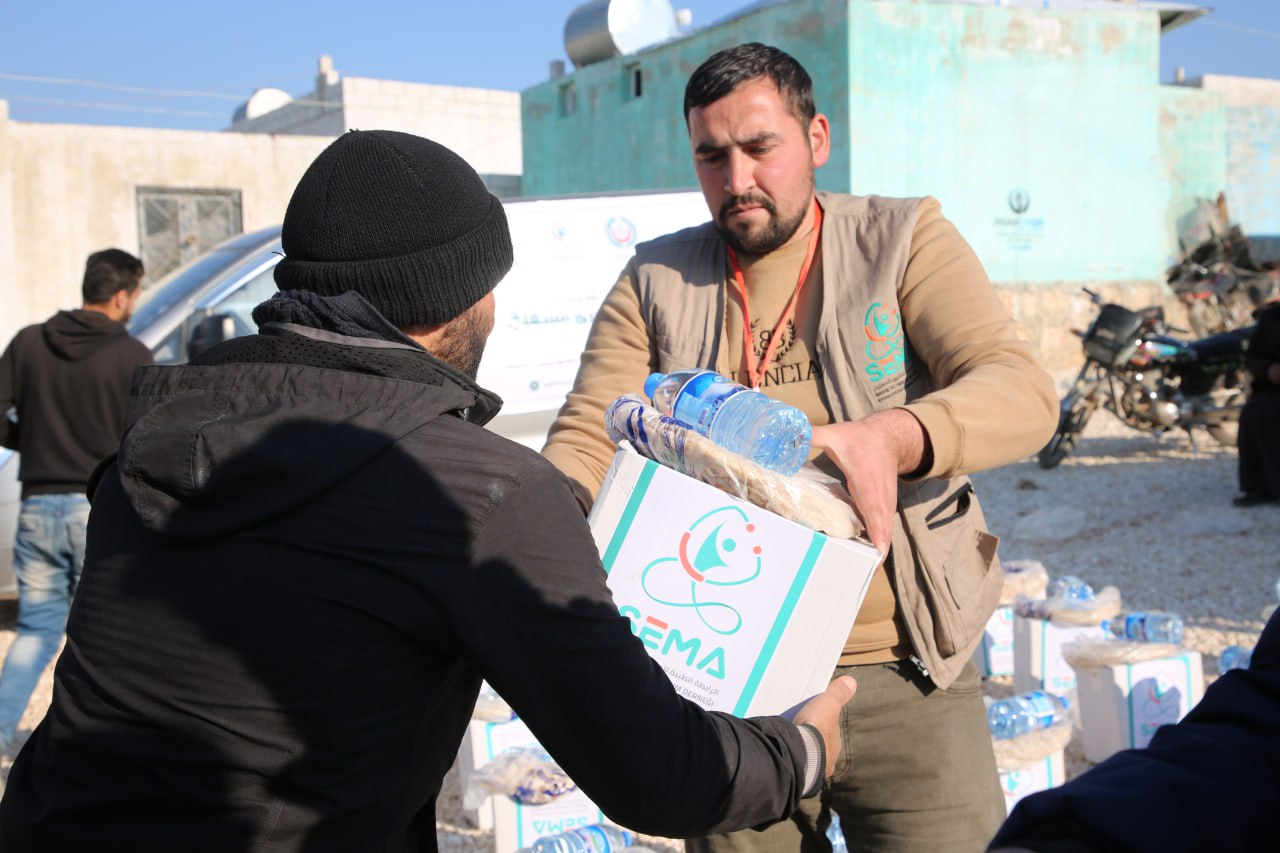In Islam, feeding the poor is not just an act of charity; it is a deeply rooted principle that reflects the core values of empathy, generosity, and responsibility towards others. The Qur’an and the teachings of the Prophet Muhammad (peace be upon him) emphasize the importance of supporting those in need, whether through obligatory forms of charity like Zakat or voluntary contributions like Sadaqah. This article explores the significance of feeding the poor in Islam, the various forms of charity, and the rewards promised to those who fulfill this noble act.
The Importance of Feeding the Poor in Islam
Islam views feeding the poor as one of the noblest acts of worship, and it serves as a way to embody the values of compassion and kindness. In the Qur’an, Allah encourages Muslims to be mindful of the needs of others and to give generously to those less fortunate. For instance, Surah Al-Insan (76:8-9) states, “And they give food in spite of love for it to the needy, the orphan, and the captive, [saying], ‘We feed you only for the countenance of Allah. We wish not from you reward or gratitude.’”
This verse highlights the selflessness that Islam teaches Muslims to adopt when providing for those in need. Feeding the poor is not only about filling empty stomachs but about fulfilling a moral obligation and strengthening the bonds within society.
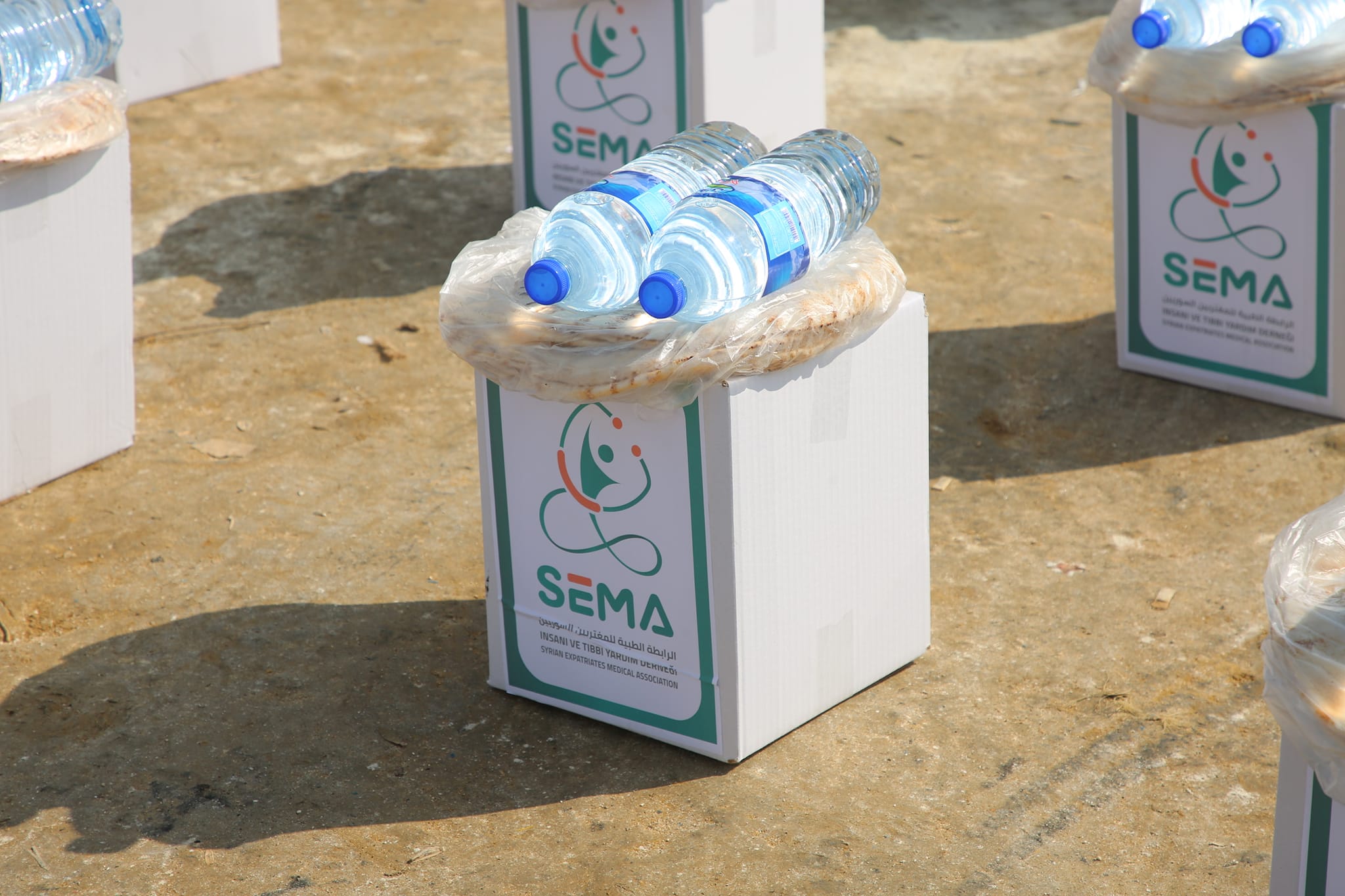
Zakat: The Obligatory Charity in Islam
One of the foundational principles of Islam is Zakat, a mandatory form of charity that requires Muslims to give a specific portion of their wealth to support the poor and needy. Zakat is one of the Five Pillars of Islam, making it an essential aspect of a Muslim’s faith and practice. By giving Zakat, Muslims purify their wealth and contribute to reducing poverty and inequality in their communities.
The importance of Zakat cannot be overstated. The funds collected through Zakat are often used to provide food, shelter, and other basic needs for those who struggle to make ends meet. This act of giving fosters a sense of solidarity and social responsibility, ensuring that the less fortunate are not forgotten.
Sadaqah: The Voluntary Charity
While Zakat is obligatory, Sadaqah represents a voluntary form of charity that Muslims are encouraged to give as often as possible. Unlike Zakat, which has a set rate, Sadaqah has no fixed amount and can be given at any time. It can take many forms, including monetary donations, food, clothing, or even a kind word or a smile.
Sadaqah plays a vital role in Islam, as it encourages Muslims to go above and beyond their obligations to help others. Feeding the poor through Sadaqah is highly encouraged, as the Prophet Muhammad (peace be upon him) once said, “The best of you are those who feed others and return greetings” (Hadith). This hadith underscores the significance of providing for the hungry and creating a culture of generosity.
The Rewards of Feeding the Poor in Islam
In Islam, the rewards for feeding the poor are immense, both in this life and in the Hereafter. The Prophet Muhammad (peace be upon him) emphasized that acts of charity, especially feeding the hungry, bring great blessings. In a famous Hadith, he said, “He who feeds a hungry Muslim, Allah will feed him with the fruits of Paradise” (Hadith). This promise of reward serves as a powerful motivation for Muslims to engage in acts of kindness.
Feeding the poor also brings numerous spiritual benefits, such as purifying one’s heart from greed, earning the pleasure of Allah, and gaining protection from misfortune. Moreover, giving to those in need helps build a compassionate community, where people care for one another and uplift each other in times of difficulty.Prophet Muhammad (P.B.U.H) said, “Protect yourself from hell-fire even by giving a piece of date as charity.” (Al-Bukhari and Muslim)
How to Contribute to Feeding the Poor in Islam
There are numerous ways for Muslims to get involved in feeding the poor, both locally and globally. Some of the most effective methods include:
- Donating to Islamic Charities: Many Islamic organizations focus on hunger relief and support those struggling with food insecurity. By contributing financially, you can help fund programs that provide regular meals to the needy.
- Participating in Community Meal Programs: Some mosques and Islamic centers organize weekly or monthly meal distributions for the homeless and low-income individuals. Volunteering at these events or contributing food items can make a significant difference.
- Creating Food Packs for Distribution: Assembling food packs containing essentials like rice, flour, and canned goods is a practical way to help those in need. These packs can be distributed to local families, refugees, or anyone experiencing hardship.
- Supporting International Relief Efforts: Many Muslim charities operate globally, delivering food aid to war-torn regions, disaster zones, and impoverished areas. By supporting these efforts, Muslims can extend their compassion to those beyond their local communities.
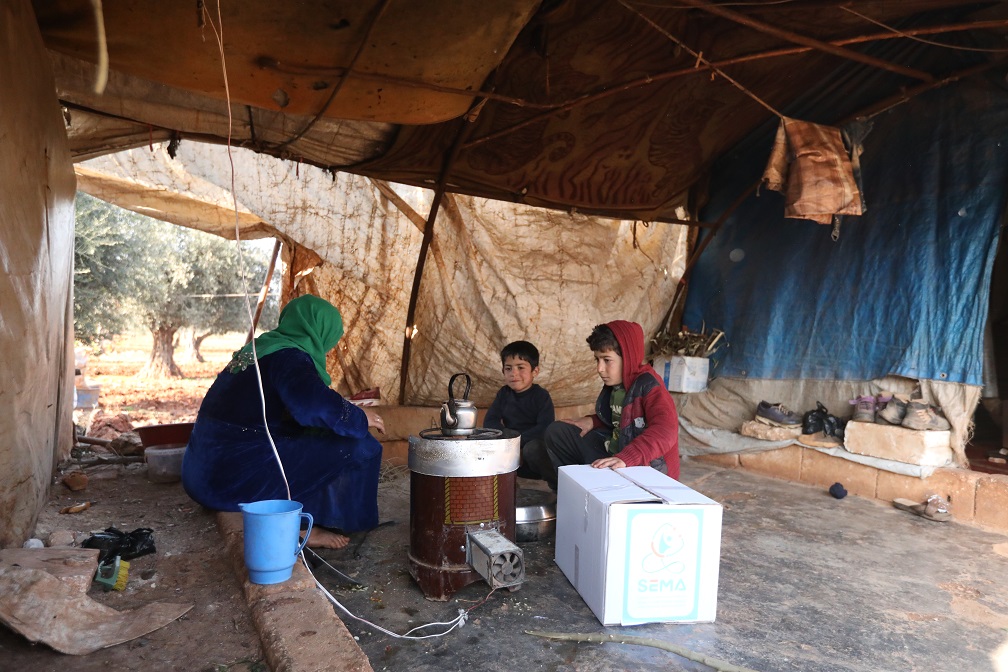
How SEMA can help you feeding the poor
SEMA is an organization dedicated to addressing humanitarian needs, including hunger and poverty, in NW Syria and GAZA. SEMA works closely to help people there with community leaders, and volunteers to provide essential resources, including food, to those who need it most. Check our campaigns page to choose how you will help the poor!
FAQ‘s
What does Islam say about feeding the poor?
Islam emphasizes feeding the poor as an essential act of kindness and a way to fulfill one’s duty to God. The Qur’an and Hadith encourage Muslims to care for those in need, making charity a key aspect of faith.
What is the difference between Zakat and Sadaqah in Islam?
Zakat is an obligatory form of charity, calculated as a fixed percentage of one’s wealth, that supports the poor and needy. Sadaqah, on the other hand, is a voluntary act of charity that can be given at any time, often used to help feed the poor and provide relief to those in need.
Why is feeding the poor considered so important in Islam?
Feeding the poor reflects compassion, empathy, and community responsibility in Islam. It not only fulfills a religious obligation but also strengthens bonds within the community and uplifts the less fortunate, reflecting the moral values of the faith.
What rewards are promised in Islam for feeding the poor
Islam promises spiritual rewards for feeding the poor, including blessings in this life and the Hereafter. The act of charity purifies one’s wealth, brings peace, and is seen as a means of attaining closeness to God.
Can non-Muslims benefit from Islamic charity programs?
Yes, many Islamic charity programs provide assistance to all individuals in need, regardless of their religion. Islam encourages helping all of humanity, promoting compassion and unity across communities
Read More:
- Zakat on Real estate
- Understanding Zakat
- Donate with Purpose: Sadaqah for Illness at SEMA
- Sadaqah in Islam: The Importance of Charity in Islam


